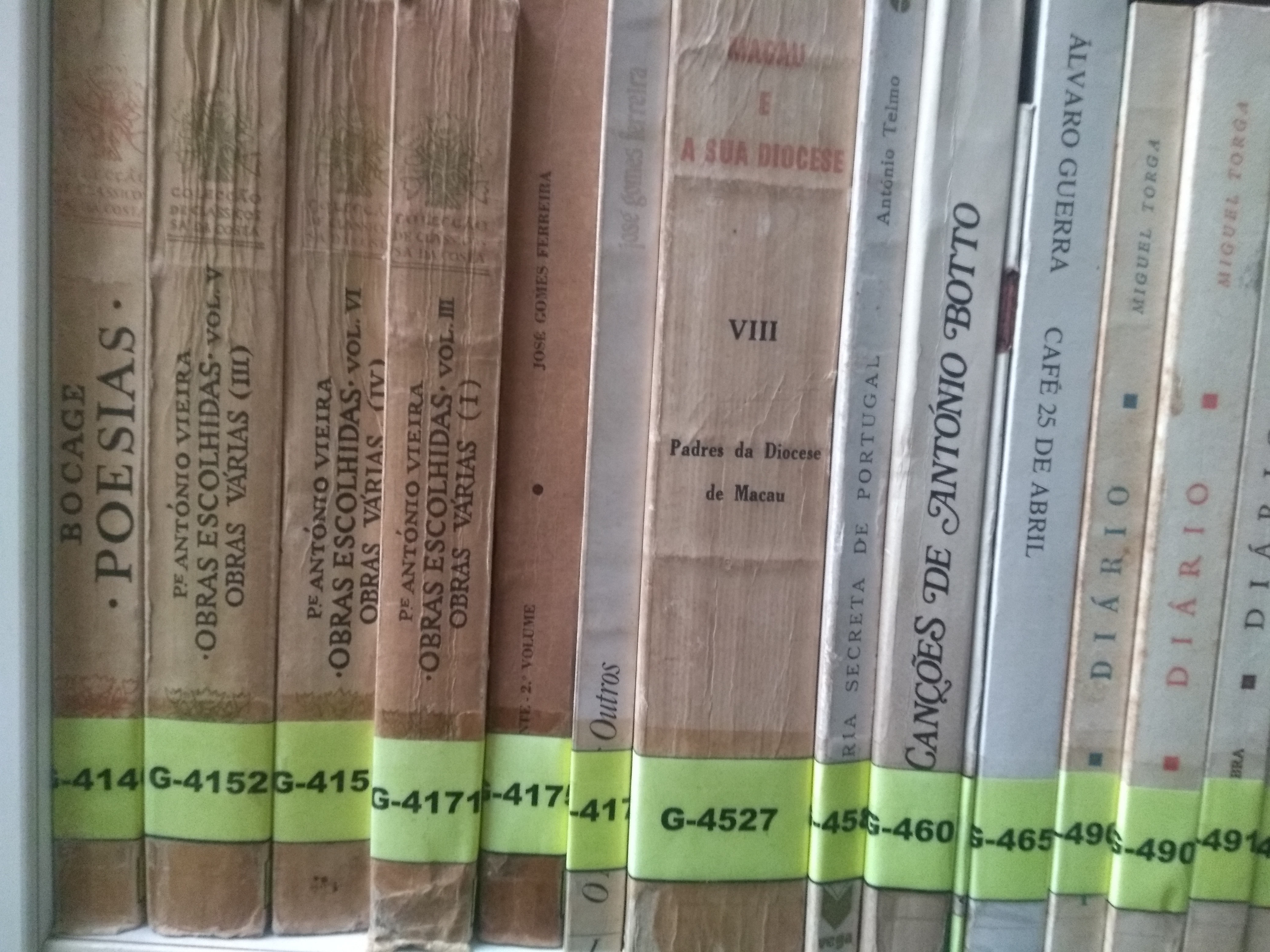Fascinating Info About the Portuguese Language
Portuguese is an amazing language with a very ancient history. It belongs to Romance language group and it has appeared in Portugal. However, nowadays people who leave in Portugal make only a small group of people who speak Portuguese. The language is spoken by 250 million people in Brazil, Portugal and other Portuguese ex-colonies.

It derived from Vulgar Latin and Medieval Galician. It’s very similar to French, Spanish and Italian as they belong to the same language group. Today this is the 6th most widely spoken language in the world. It’s worth noting that English occupies the third place. There are so many things that we still don’t know about this language. This article is for those who want to know more about Portuguese, so keep reading to discover so many interesting things about it.
Are There Any Differences Between European and Brazilian Portuguese?
Before we tackle some really interesting facts about Portuguese let’s find out whether there are any difference between European and Brazilian Portuguese. In fact, these are two same languages with some local peculiarities in pronunciation, accent, spelling and some vocabulary. Brazil became independent from Portugal in 1822 and, therefore, the language started developing separately from European Portuguese. That’s why some differences might be found.
- Brazilian Portuguese is very similar to Portuguese of 18th century.
- Vowels sound longer and a little bit wider in Brazilian Portuguese then in European version.
- Brazilian Portuguese is more melodic as vowels are more open. European Portuguese sounds a little but mumbled. That’s why for some people it’s easier to learn the Brazilian version of Portuguese.
- Most Interesting Facts About the Portuguese Language
If you are fed up with using English to Portuguese online translator and want yourself to learn this amazing language then keep reading as down below you will find the most amazing facts about this language that you probably didn’t know before.
- Portuguese is an official language of 9 countries. Many people think that this language is spoken in Portugal and Brazil only. However, it’s a national language, for example, in Mozambique, Angola, Macau, Guinea-Bissau. You would never believe but there are over 5 million Portuguese native speakers in Africa. 1.3 million people speak Portuguese in Mozambique and almost 4 million people speak the language in Angola.
- Only 5% of all native speakers of Portuguese actually live in Portugal.
- New letters were added to the alphabet. There were no such letters as k,y and w in Portuguese writing. Due to influence of English language and penetration of loanwords in the language, these letters were officially added to the alphabet in 2009.
- Portuguese language has influenced English as well. Among the English words that have Portuguese origin it’s possible to name fetish, embarrass, cobra, piranha and flamingo.
- The Portuguese language has been significantly influenced by Arabic language at the time when Portugal was conquered by Islamic Moors. Arabic was an official language back then till the 13th century. It resulted in vocabulary alterations. We can find a lot of words with Arabic origin such as almofada (cushion), garrafa (bottle), etc.
- Every verb tense has 6 various endings. The language is pretty complicated for learning as conjugations are quite difficult. Verbs are conjugated for number, gender, person and that’s why they have so many forms.
- The longest word in Portuguese has 29 letters. The word “anticonstitucionalíssimamente” is non technical and means an unconstitutional way.
- In Portuguese language there are two different verbs for the English verb “to be”. These are verbs “ser” and “estar”. The first verb will be used with permanent, stable and unchanging things whereas the second verb “estar” is used with temporary situations. These include weather or a person’s mood. One more interesting fact. With the noun “marriage” the first verb “ser” is always used as it shows its permanence.
- In 1290 Portuguese was declared as a language. The language appeared approximately 200 BC and only in the 13th century it was officially declared as a language.
- Before 1990 Brazil and Portugal had different spelling. Countries used to have different writing systems after Brazil got independence from Portugal. Only in 1990 they officially established the same orthography with signing the Orthographic Agreement.
Portuguese language is one of the most widely spoken languages in this world. Learning more about this amazing language is always good, so we hope you enjoyed the article and discovered a lot of interesting facts about Portuguese. Who knows, maybe you got inspired to start learning it which is great.